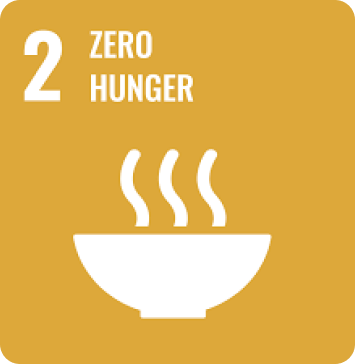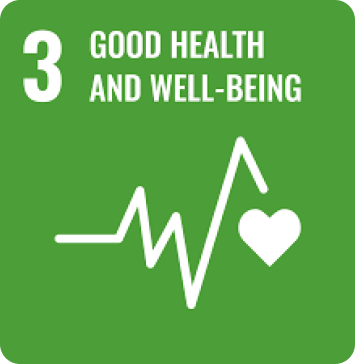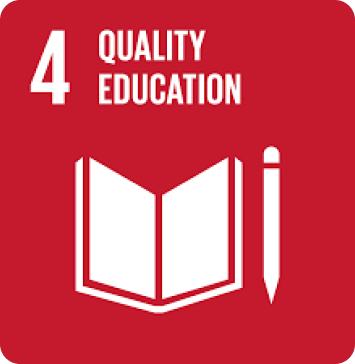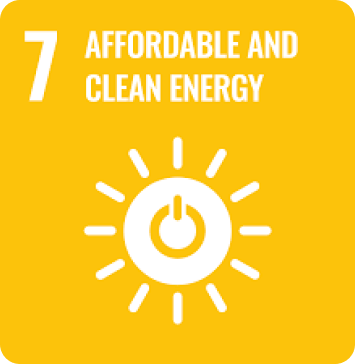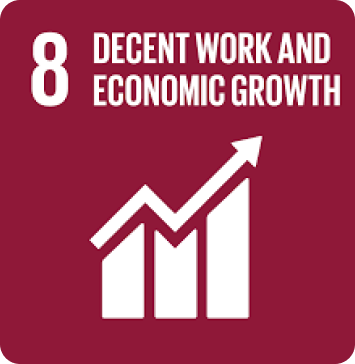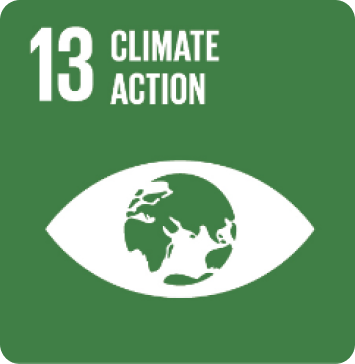Country: Kenya
NACONEK - Mass Transition to Clean Cooking Energy for Sustainable School Feeding through Carbon Finance.
About The Project
The project is an initiative National Council for Nomadic Education in Kenya (NACONEK) and Rockefeller Foundation, World Food Program, GEAPP, SE4ALL, and Verst Carbon aimed at transitioning Kenyan schools from traditional biomass cooking to clean cooking technologies. The project is designed to serve 10 million schoolchildren by installing 183 centralized kitchens and 9,020 decentralized kitchens across the country. These modern kitchens will provide
healthier, more efficient cooking methods, leveraging carbon finance through Internationally Transferred Mitigation Outcomes (ITMOs). By integrating clean cooking technologies, the project is projected to create over 400,000 direct green jobs and 2,000,000 indirect jobs. It will reduce greenhouse gas (GHG) emissions by 5.1 million tons annually, while saving 5.7 million trees each year. This initiative is a cornerstone for promoting sustainable development in Kenya’s education and energy sectors.
The Problem
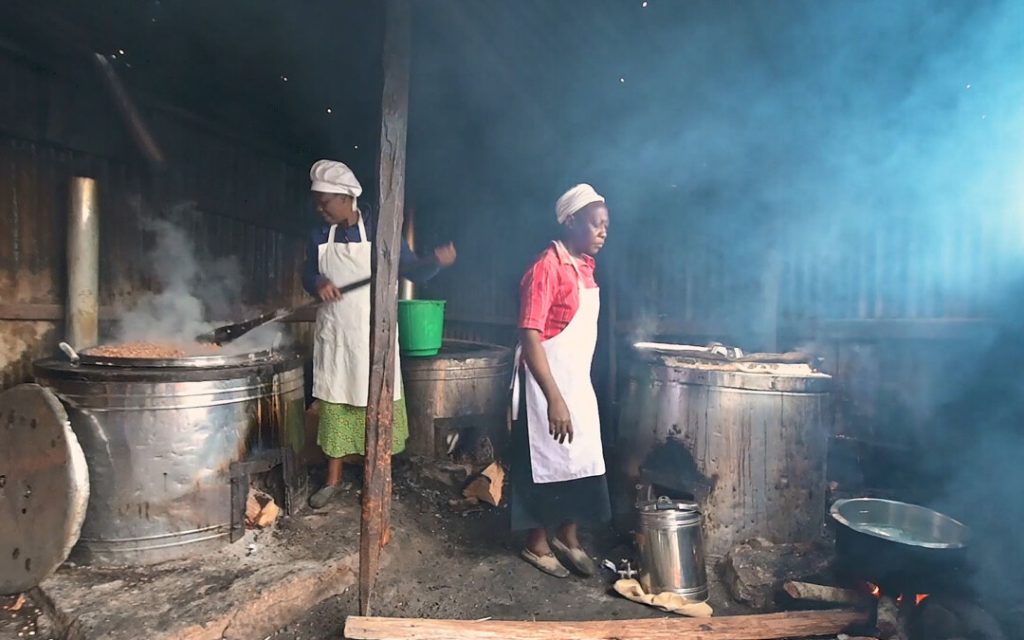
Schools in Kenya, like many others across Sub-Saharan Africa, heavily rely on biomass for cooking, making them one of the largest consumers of firewood in the country. Over 90% of schools use firewood to prepare meals, consuming millions of tons annually and contributing to widespread deforestation and environmental degradation. Not only does this practice increase greenhouse gas emissions, but it also poses severe health risks, with indoor air pollution linked to respiratory illnesses and deaths among schoolchildren and kitchen workers. Financially, schools face significant costs in acquiring firewood, which puts a strain on limited resources that could be better utilized for educational improvement. The heavy reliance on biomass also hinders the country’s efforts to meet its climate goals under the Paris Agreement.
The Solution
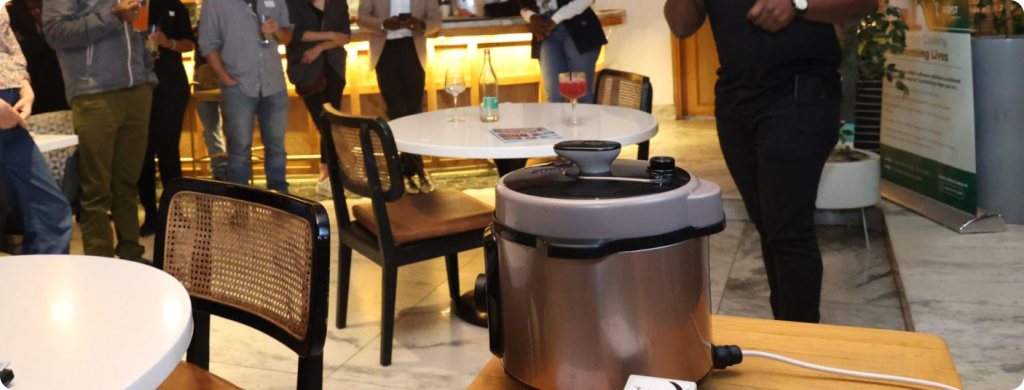
The project offers a comprehensive solution by transitioning schools from biomass to clean cooking technologies such as LPG, electricity, bioethanol, and biogas. These low-carbon alternatives will be implemented in 183 centralized kitchens, each serving approximately 30,000 students, and 9,020 decentralized kitchens, which will cater to around 500 students per site. By adopting steam-cooking as the anchor technology, the project will significantly reduce firewood consumption and cut GHG emissions by an estimated 5.1 million tons annually. In addition to the environmental benefits, the project will create over 400,000 direct jobs for kitchen staff and 2,000,000 indirect jobs in sectors such as energy supply and local agriculture. This job creation will have a direct impact on poverty reduction, particularly in rural and semi-arid regions. Through carbon finance mechanisms, such as the sale of Verified Emission Reductions (VERs), the project will also secure long-term funding to sustain its operations, including the cost of meals, energy, and kitchen maintenance.
Impact and Sustainable Development Goals (SDGs)
The “School Meals through Clean Cooking” project will have a profound impact across several Sustainable Development Goals (SDGs), Climate Action (SDG 13): by reducing GHG emissions by 5.1 million tons annually, the project supports Kenya’s Nationally Determined Contributions (NDCs) and global climate commitments. Zero Hunger (SDG 2). The project will provide nutritious meals to 10 million children, improving their health, academic performance, and cognitive development. Good Health and Well-being (SDG 3): The transition to clean cooking will reduce household air pollution, decreasing the number of deaths related to biomass smoke by an estimated 1,485 annually. Quality Education (SDG 4): The project will improve school attendance and retention rates, especially in arid and semi-arid regions, where the completion rate is expected to rise from 43% to 65% by 2028. Decent Work and Economic Growth (SDG 8): By creating 400,000 direct and 2 million indirect green jobs, the project will contribute to economic development in Kenya. Affordable and Clean Energy (SDG 7): The installation of 20,000 clean cooking devices will increase the use of modern, sustainable energy in schools.
